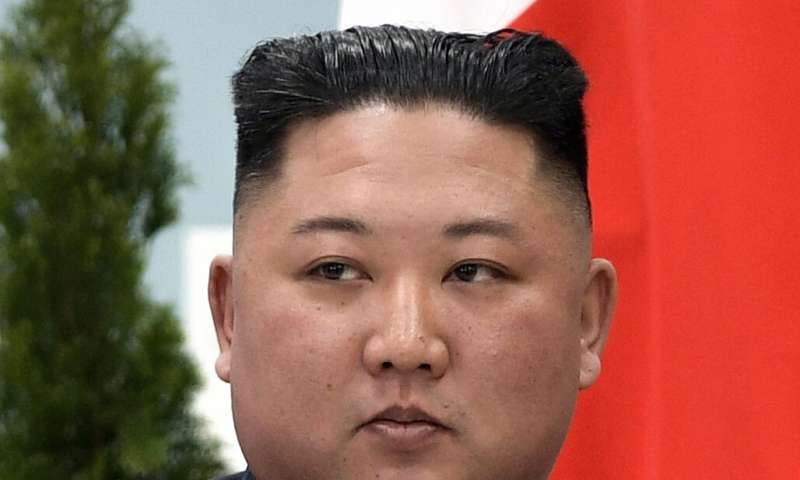How Chinese social media users talk about Kim Jong-un

A new study analyzes memes that feature an image or likeness of North Korean leader Kim Jong-un posted by Chinese social media users on the Weibo platform. Results highlight how politically astute, tech-savvy publics can express political opinions and dissent in humorous ways, even in a high censorship online environment.
Modern Chinese society is experiencing substantial change as a result of its economic advances on the world stage. One constant is a semi-controlled media system where the media is "guided by" rules and protocols established by the Chinese Communist Party's Propaganda Department, and access to foreign media is limited. Similarly, Chinese citizens' ability to speak out about social and political issues is also hindered by state-imposed limits. However, Chinese social media users have found a way to express and disseminate their opinions online using memes.
The Chinese government aims to maintain friendly connections with North Korea to ensure a stable border and both nations benefit economically. However, the Chinese public appears to be disillusioned and has negative opinions about North Korea, and these sentiments have been prevalent in the online space since the leadership of Kim Jong-un.
According to a new study from College of Media & Communication at Texas Tech University, Chinese netizens have tried to use nicknames to mock Kim Jong-un's corpulence in Chinese social media, which caused the prohibition of the flow of certain words online. Although prohibited, Chinese social media users have seemingly found a way to talk about North Korean leader Kim Jong-un online through the use of memes on the Chinese equivalent of Twitter and Weibo. However, Weibo users have many nicknames, which have been used even though Kim Jong-un has requested Chinese netizens not to use these insulting nicknames.
In order to guarantee a "harmonious" internet public opinion environment, the Chinese government has blocked and banned certain words on Weibo. For instance, the term "Fatty Kim the Third," the nickname most widely used on Weibo to refer to Kim Jong-un, has been banned since 2016. However, Chinese netizens have continued to use alternative nicknames such as Jīn sān pàng 金三胖 (Kim Third Fat) and xīn pàng 鑫胖 (Wealth Fat).
"The results of the current study align with existent research indicating that Chinese citizens intend to address political issues online in their unique ways even under strict censorship," said a member of the research team, professor at Texas Tech University David D. Perlmutter.
More information:
Bingbing Zhang et al, Avoiding online censorship through 'fatty' memes: How Chinese social media users talk about North Korea, Global Media and Communication (2022). DOI: 10.1177/17427665221100596
Provided by Charles University Environment Center